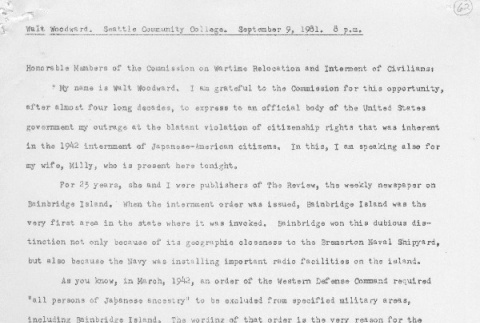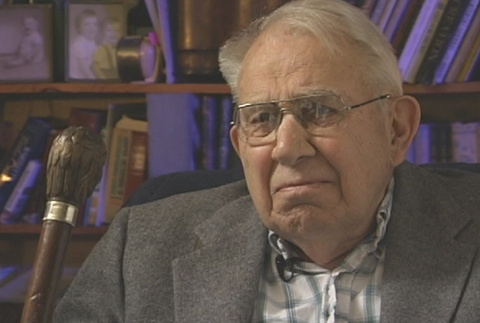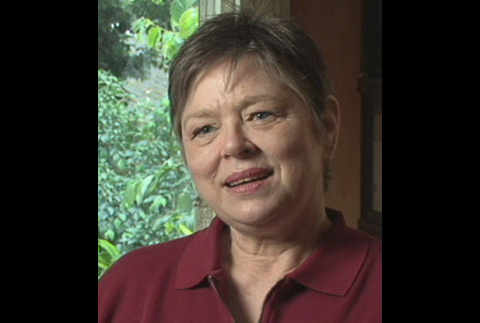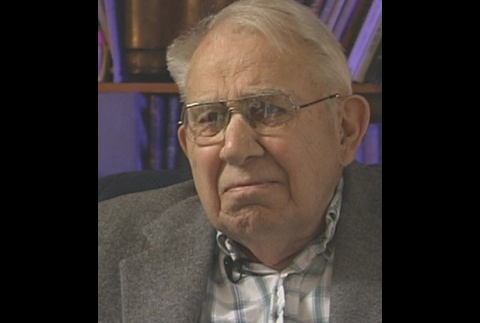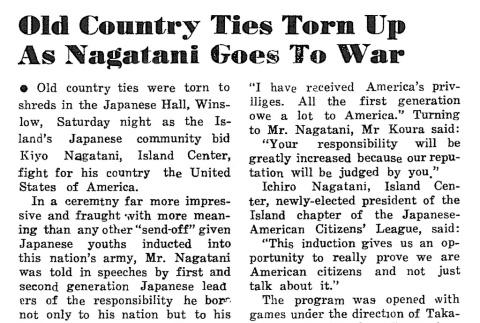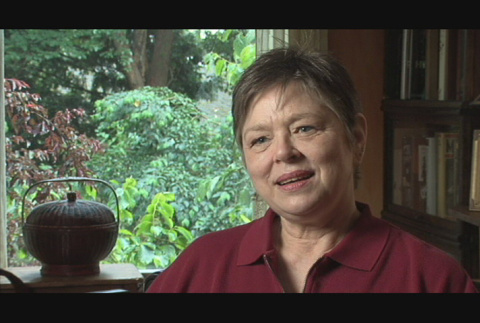16 items
16 items
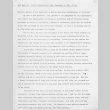
doc
Testimony of Walt Woodward (ddr-densho-67-185)
Written testimony of Walt Woodward, publisher of the Bainbridge Review, the newspaper of Bainbridge Island, Washington. This testimony was presented at the CWRIC hearing in Seattle, Washington, on Wednesday, September 9, 1981, in the section titled "Bainbridge Island Evacuation."
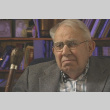
vh
Walt Woodward Interview (ddr-densho-1000-104)
White male. Born February 25, 1910, in Seattle, Washington. Co-publisher (with his wife Milly) and editor of the newspaper, The Bainbridge Review, from 1935-1963. During World War II, The Bainbridge Review was the sole newspaper on the West Coast to continuously speak out against the mass removal and incarceration of Japanese Americans, primarily through Woodward's editorials. …

vh
Walt Woodward Segment 6 (ddr-densho-1000-104-6)
Recalling the mass removal: "The soldiers were the ones that were crying"

vh
Walt Woodward Segment 2 (ddr-densho-1000-104-2)
Writing newspaper editorials in response to anti-Japanese sentiment in the mainstream press

vh
Walt Woodward Segment 7 (ddr-densho-1000-104-7)
Taking a stand against those opposing the return of Japanese Americans to Bainbridge Island

vh
Walt Woodward Segment 8 (ddr-densho-1000-104-8)
Hearing from a Japanese American who was afraid to return to Bainbridge Island

vh
Walt Woodward Segment 3 (ddr-densho-1000-104-3)
"Evacuation Day" interactions between Japanese Americans and soldiers

vh
Walt Woodward Segment 10 (ddr-densho-1000-104-10)
Reason for taking a stand against incarceration: "it was the only thing to do"

vh
Walt Woodward Segment 1 (ddr-densho-1000-104-1)
Speaking out against the Japanese American incarceration as a newspaper publisher

vh
Walt Woodward Segment 4 (ddr-densho-1000-104-4)
Watching Japanese Americans prepare for removal from Bainbridge Island, and taking backlash for stance against the incarceration

vh
Walt Woodward Segment 5 (ddr-densho-1000-104-5)
Hiring a Japanese American newspaper correspondent from Manzanar concentration camp, California

Narrator Mary Woodward
White female. Daughter of Walt and Milly Woodward, publishers of The Bainbridge Review, which, during World War II, was the sole newspaper on the West Coast to continuously speak out against the mass removal and concentration of Japanese Americans, primarily through Woodward's editorials.

Narrator Walt Woodward
White male. Born February 25, 1910, in Seattle, Washington. Co-publisher (with his wife Milly) and editor of the newspaper, The Bainbridge Review, from 1935-1963. During World War II, The Bainbridge Review was the sole newspaper on the West Coast to continuously speak out against the mass removal and incarceration of Japanese Americans, primarily through Woodward's editorials. …
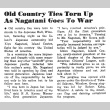
Collection
Bainbridge Island Review Collection (ddr-densho-68)
This collection consists of selected articles from the Bainbridge Island Review, a community paper from Bainbridge Island, Washington. During World War II, the Bainbridge Island Review was the sole newspaper on the West Coast to continuously speak out against the mass removal and incarceration of Japanese Americans, primarily through the editorials of Walt Woodward, editor from …
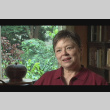
vh
Mary Woodward Interview (ddr-densho-1001-32)
White female. Daughter of Walt and Milly Woodward, publishers of The Bainbridge Review, which, during World War II, was the sole newspaper on the West Coast to continuously speak out against the mass removal and concentration of Japanese Americans, primarily through Woodward's editorials.
(This material is based upon work assisted by a grant from the Department …
